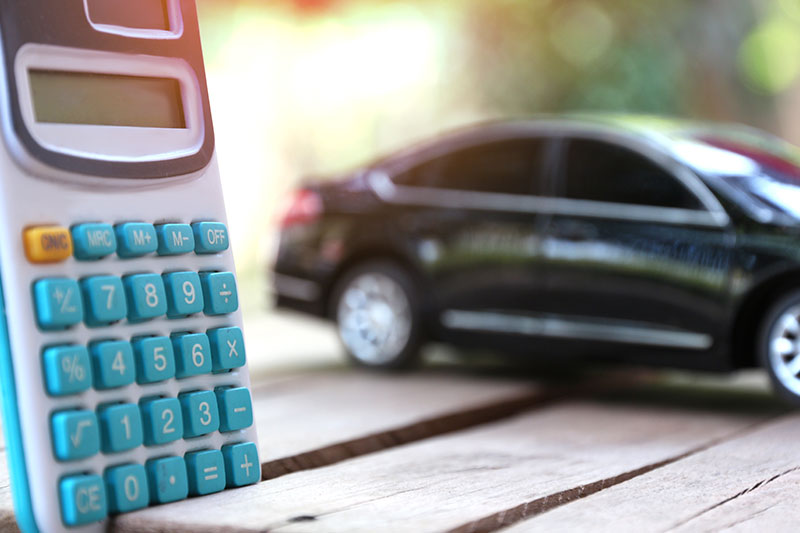3 MinsSep 09, 2020
If you are self-employed and plan on buying a car, September is the perfect month to do so. Is it an auspicious period? Are the stars aligned in your favour which makes it a lucky time for you? No, the reasons are more practical and have to do
with tax benefits. Let us see how.

If you are self-employed and use your car for business purposes, you can claim depreciation on it which gets deducted from your taxable income. And it does not matter whether you buy a new car or a pre-owned car. The depreciation benefit is available
for both.
Now, if you buy a vehicle before September 30 (the first half of the financial year), you can claim depreciation for the whole year. You can claim depreciation of up to 15% of the price of the vehicle for the entire year, if it is purchased before
September 30. If you buy a car October 1 onwards, you can only claim 7.5 % depreciation on it, since the taxman treats it like half a year.
How does it work?
Here is how it translates into real money-saving. Let's talk about two self-employed professionals – Sheena and Rita. Sheena buys a car worth Rs 10 lakh (remember this is the actual cost of the automobile, not its "on-road" cost which includes
elements like registration fee) before September 30. She can claim depreciation of 15%, i.e. Rs. 1.5 lakh. This means that this amount is deducted from her taxable income.
[Also Read: How to Get Approved for a Car Loan in Minutes]
Rita, on the other hand, buys the same model for the same price but in the first week of October. She can only claim depreciation of 7.5%, i.e. Rs. 75,000. The long and short of it is that Sheena has saved Rs. 75,000 more than Rita.
Can you buy it in the last week of September?
Technically you can, but with so many restrictions in place, do you want to risk it? Vehicles require registration, and that process could take longer as a lot of government offices may still not be functioning at full capacity, given the restrictions
on account of Covid-19. So why risk it? Ideally, it would be best if you gave yourself a 15-day buffer while buying the car.
What other benefits will you get?
The other reason why you should buy a car at the earliest, (assuming you are planning to buy one) are the fantastic deals being offered right now. The automobile industry went through a slump as a result of the Coronavirus induced lockdowns. Carmakers
are, therefore, keen to get rid of inventory and boost sales and are currently offering some fantastic deals. If you buy now, you can take advantage of these deals.
Axis Bank offers competitive interest rate on car loan and flexible tenures. You can get financing for both New Cars as well as Pre-owned cars, hence choose based on your requirement and budget.
Axis Bank New Car Loans come with a host of features like 100% on-road price financing, comfortable tenure and Axis eDGE Reward points, etc.
Axis Bank’s Pre-owned Car Loan offers up to 85% funding of the valuation amount. The bank also has tie-ups with dealers across the country, making it convenient for you to purchase your vehicle.
If you are employed in the same line of business for the past three years and if your minimum net annual business income is above Rs 1.8 lakh, you would be eligible for a new car loan from Axis Bank. As proof
of your business, you may be asked to provide your Sales or VAT Certificate, SSI or MSME Registration Certificate or other valid documents.
Visit our Car Loan section to know about Axis Bank New Car Loans. Use our online Car Loan EMI Calculator to calculate the EMI on your Axis Bank New Car Loan.
You can also apply for the car loan online.
Disclaimer: The Source, a Mumbai-based content creation and curation firm, has authored this article. Axis Bank does not influence the views of the author in any way. Axis Bank and The Source shall not be responsible for any direct/indirect loss or liability incurred by the reader for taking any financial decisions based on the contents and information. Please consult your financial advisor before making any financial decision.
















